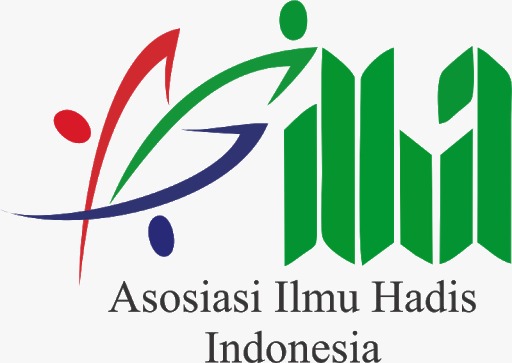The Hermeneutics of Khalid Abu al-Fadl Approach in Understanding the Hadith about AbortionAuthors
DOI:
https://doi.org/10.32506/johs.v1i1.16Keywords:
Hermeneutics, Abortion, Fines, ḥadīth, negotiationsAbstract
Every living being on earth has the right to life, including animals, plants, and particularly human beings, who play the role of God's Khalifah. In this context, the Qur'an and Hadith emphasize the importance of preserving life, reason, religion, property, and lineage. Abortion, viewed as a grave act that denies the potential for life, remains a controversial issue, especially among women who may resort to it as a means of safeguarding their own lives. Although abortion is widely considered a crime, it continues to be a topic of ongoing discourse. This research aims to explore two key questions: 1) How does Khalid Abu al-Fadl's hermeneutic approach interpret abortion? 2) What does the Prophet’s Hadith say about the legality of abortion? This literature-based study employs a hermeneutic approach to analyze the hadith related to abortion. Preliminary findings suggest that abortion, as condemned in the hadith, refers specifically to actions taken after the soul has been breathed into the fetus, a point on which Islamic scholars agree with its prohibition. Those who perform abortions at this stage may be subject to a penalty equivalent to freeing a slave. While the reasons for abortion may vary among women, this decision inevitably carries psychological consequences, as it often presents a profound personal dilemma.
Downloads
Downloads
Published
Issue
Section
License
Copyright (c) 2018 Sitti Aisyah M (Author)

This work is licensed under a Creative Commons Attribution-ShareAlike 4.0 International License.















